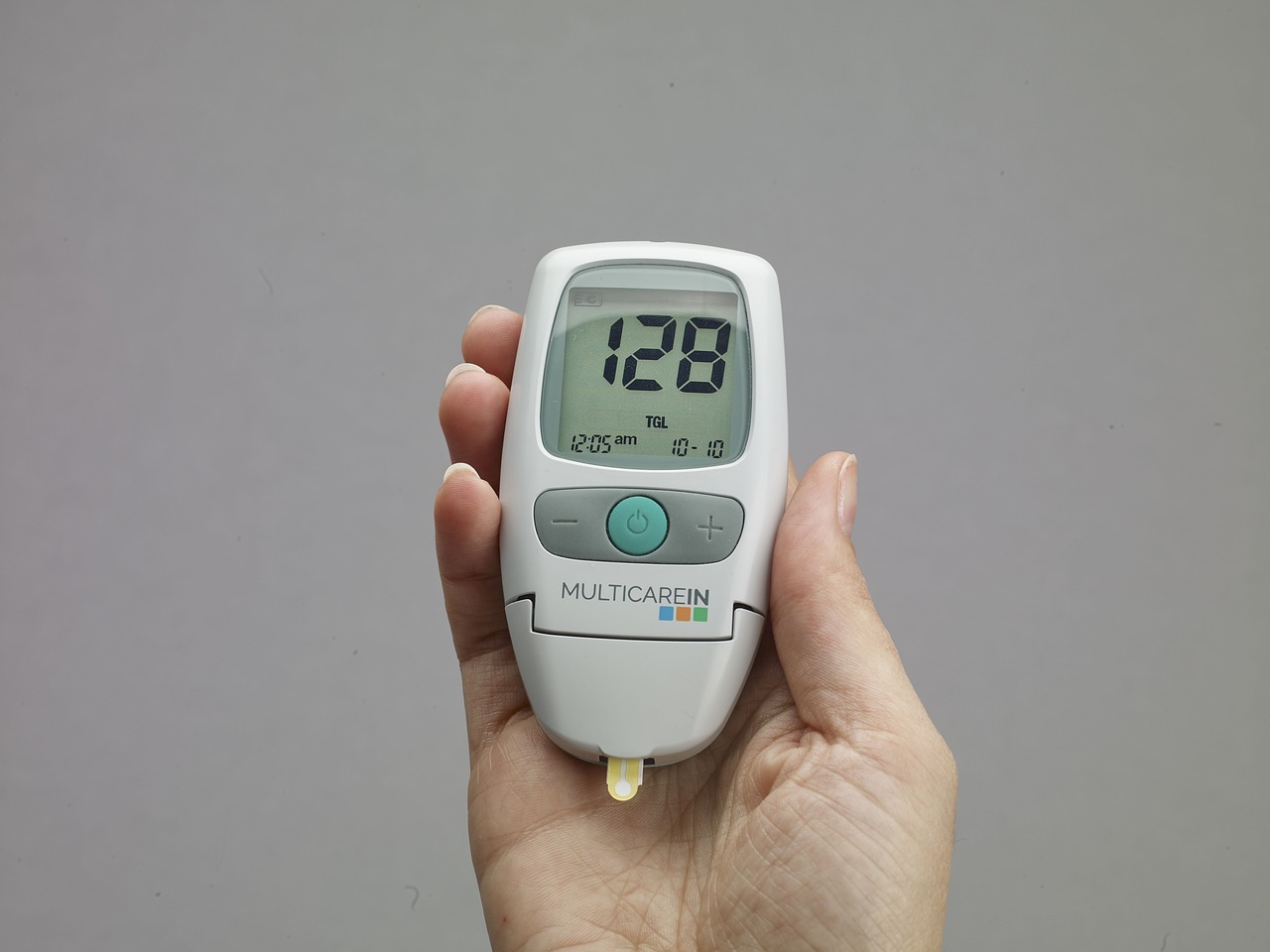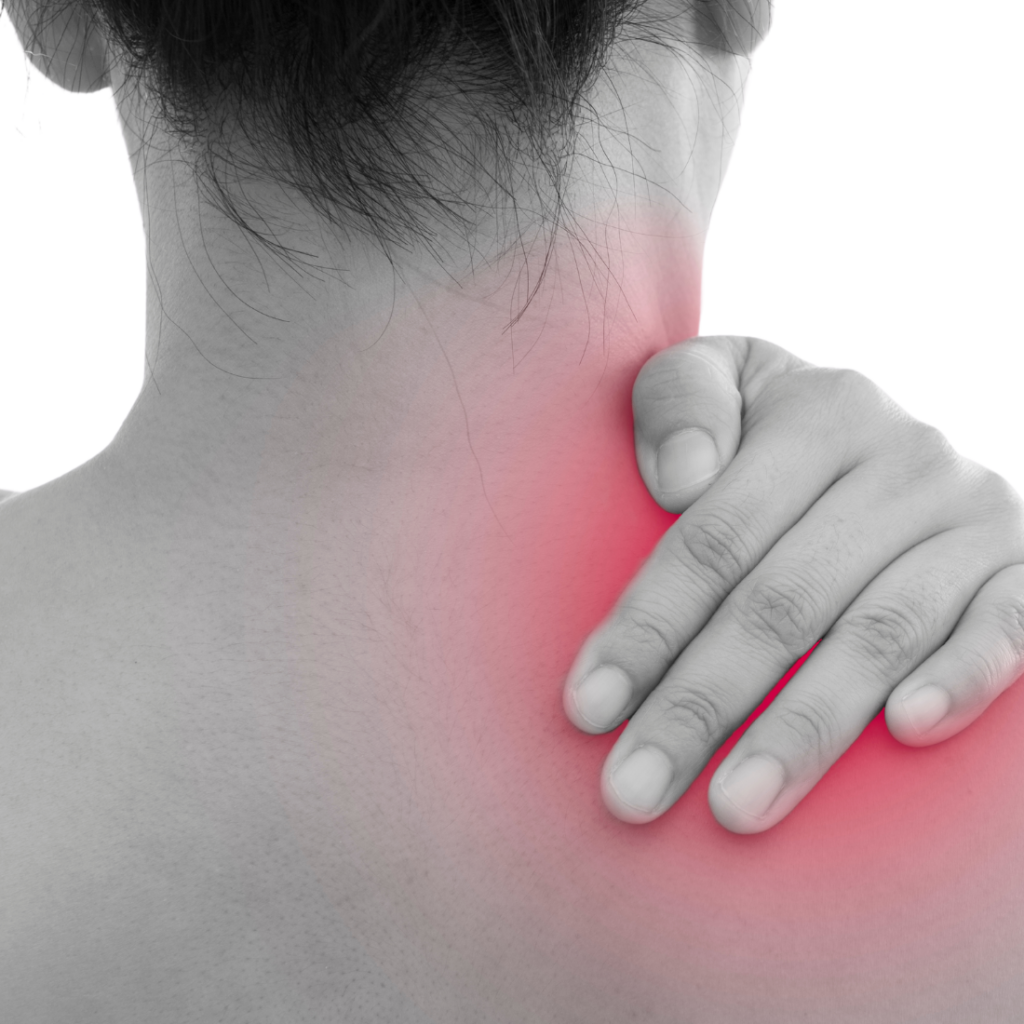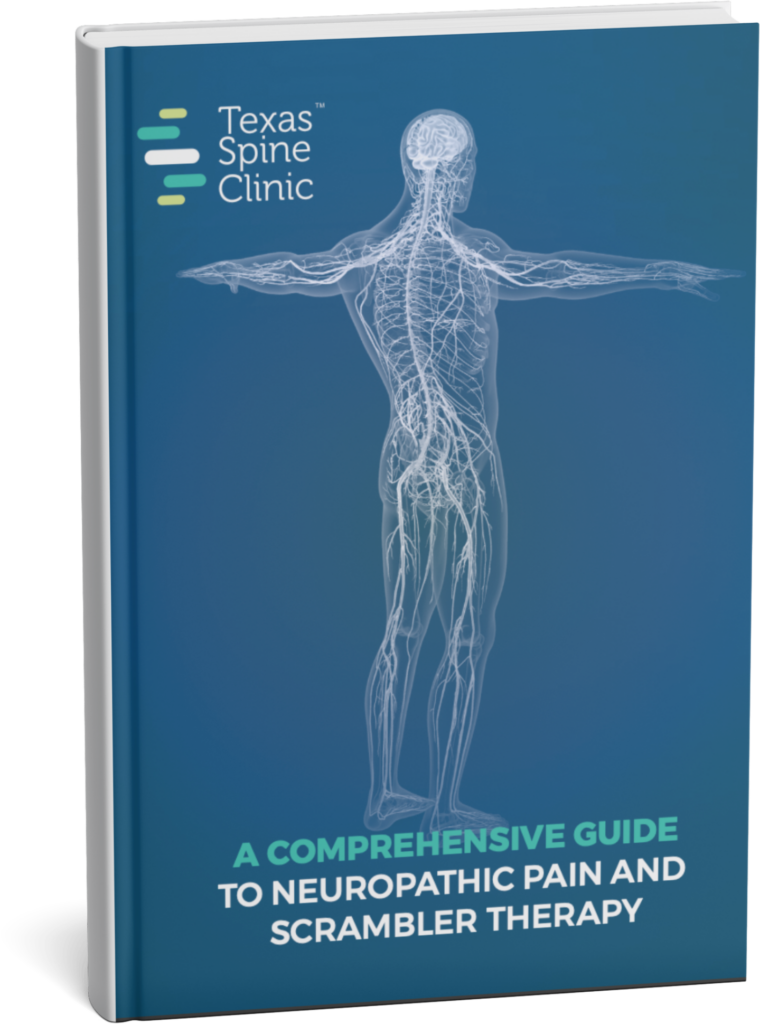Peripheral Neuropathy
Understanding Neuropathy
Neuropathy, often referred to as peripheral neuropathy, is a condition that occurs when nerves in the body’s extremities – like the hands, feet, arms, and legs – become damaged or diseased. This damage disrupts the nerves’ ability to communicate with the brain and spinal cord, leading to a variety of symptoms. At Texas Spine Clinic, we understand the significant impact neuropathy can have on your daily life, and we’re dedicated to providing comprehensive diagnosis and treatment to help you manage your condition and regain control.
Types of Peripheral Neuropathy
Peripheral neuropathy can be classified into different types based on the cause or the specific nerves affected. Some common types include:
Diabetic Neuropathy:
Chemotherapy-Induced Neuropathy:
Idiopathic Neuropathy
Other types of peripheral neuropathy include:

-
Alcoholic Neuropathy: Caused by excessive alcohol consumption.
-
Autoimmune Neuropathy: Resulting from the body's immune system attacking its own nerves.
-
Infectious Neuropathy: Caused by infections such as shingles or Lyme disease.
Causes of Peripheral Neuropathy
-
1Diabetes
-
2Chemotherapy
-
3Alcoholism
-
4Autoimmune diseases
-
5Infections
-
6Vitamin deficiencies
-
7Exposure to toxins
-
8Physical injury or trauma
-
9Inherited disorders

Symptoms of Peripheral Neuropathy

The symptoms of peripheral neuropathy can vary depending on the type and severity of nerve damage. Common symptoms include
- Numbness or tingling in the hands and feet
- Burning or shooting pain
- Muscle weakness or atrophy
- Loss of balance and coordination
- Sensitivity to touch
Changes in skin, hair, or nails
Treatment for peripheral neuropathy aims to address the underlying cause, manage symptoms, and improve quality of life.
- Diabetes: Managing blood sugar levels through diet, exercise, and medication is crucial to prevent further nerve damage.
- Autoimmune diseases: Immunosuppressants or other medications can help control the immune system and reduce nerve inflammation.
- Vitamin deficiencies: Supplementation with vitamins like B12 can help improve nerve function.
- Infections: Antibiotics or antiviral medications can treat underlying infections.
- Pain relievers:
- Over-the-counter: NSAIDs like ibuprofen or naproxen for mild to moderate pain.
- Prescription: Stronger pain relievers like tramadol or opioids may be necessary for severe pain.
- Anti-seizure medications: Gabapentin (Neurontin) and pregabalin (Lyrica) can help with nerve pain.
- Antidepressants: Tricyclic antidepressants like amitriptyline and duloxetine (Cymbalta) can help with nerve pain and sleep problems.
- Topical medications: Capsaicin cream or lidocaine patches can provide localized pain relief.
- Physical therapy: Exercises and stretches can help improve strength, balance, and coordination.
- Occupational therapy: Can help you adapt to daily activities and maintain independence.
- Transcutaneous electrical nerve stimulation (TENS): Uses a mild electrical current to stimulate nerves and relieve pain.
- Scrambler Therapy: An FDA-Approved electroanalgesic therapy designed to replace painful signals to the brain with a “No Pain” signal eventually retraining the neural pathways for long term relief.
- Healthy diet: Focus on a balanced diet rich in fruits, vegetables, and whole grains.
- Regular exercise: Helps improve circulation and nerve health.
- Avoid alcohol and smoking: These can worsen nerve damage.
- Proper foot care: Especially important for people with diabetic neuropathy to prevent foot injuries.
- Acupuncture: May help with pain relief for some individuals.
- Massage: Can improve circulation and reduce muscle tension.
- Yoga and meditation: Can help with stress management and improve overall well-being.
Treatment for peripheral neuropathy aims to
address the underlying cause, manage symptoms,
and improve quality of life.
Here's a breakdown of common treatment options:
- Treating the Underlying Cause
- Diabetes: Managing blood sugar levels through diet, exercise, and medication is crucial to prevent further nerve damage.
- Autoimmune diseases: Immunosuppressants or other medications can help control the immune system and reduce nerve inflammation.
- Vitamin deficiencies: Supplementation with vitamins like B12 can help improve nerve function.
- Infections: Antibiotics or antiviral medications can treat underlying infections.
- Medications for Symptom Management
- Pain relievers:
- Over-the-counter: NSAIDs like ibuprofen or naproxen for mild to moderate pain.
- Prescription: Stronger pain relievers like tramadol or opioids may be necessary for severe pain.
- Anti-seizure medications: Gabapentin (Neurontin) and pregabalin (Lyrica) can help with nerve pain.
- Antidepressants: Tricyclic antidepressants like amitriptyline and duloxetine (Cymbalta) can help with nerve pain and sleep problems.
- Topical medications: Capsaicin cream or lidocaine patches can provide localized pain relief.
- Therapies
- Physical therapy: Exercises and stretches can help improve strength, balance, and coordination.
- Occupational therapy: Can help you adapt to daily activities and maintain independence.
- Transcutaneous electrical nerve stimulation (TENS): Uses a mild electrical current to stimulate nerves and relieve pain.
- Lifestyle Changes
- Healthy diet: Focus on a balanced diet rich in fruits, vegetables, and whole grains.
- Regular exercise: Helps improve circulation and nerve health.
- Avoid alcohol and smoking: These can worsen nerve damage.
- Proper foot care: Especially important for people with diabetic neuropathy to prevent foot injuries.
- Alternative Therapies
- Acupuncture: May help with pain relief for some individuals.
- Massage: Can improve circulation and reduce muscle tension.
- Yoga and meditation: Can help with stress management and improve overall well-being.
Scrambler Therapy Treats a Wide Array of Pain
Neuropathic Pain Syndromes and Intractable Cancer Pain
Scrambler Therapy has been shown to be 80-90% effective for a variety of neuropathic pain conditions and cancer pain, including:
At Texas Spine Clinic we understand that you have probably already tried all these approaches and are still suffering. If you want to learn how to relieve your neuropathy pain in less than 2 weeks without drugs, surgery or any other gimmicks with a safe and new treatment being used by some of the most renowned health institutions in the world click below.


